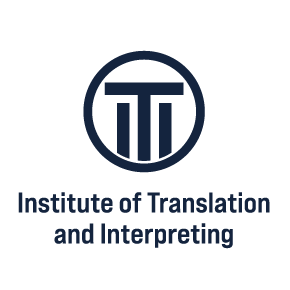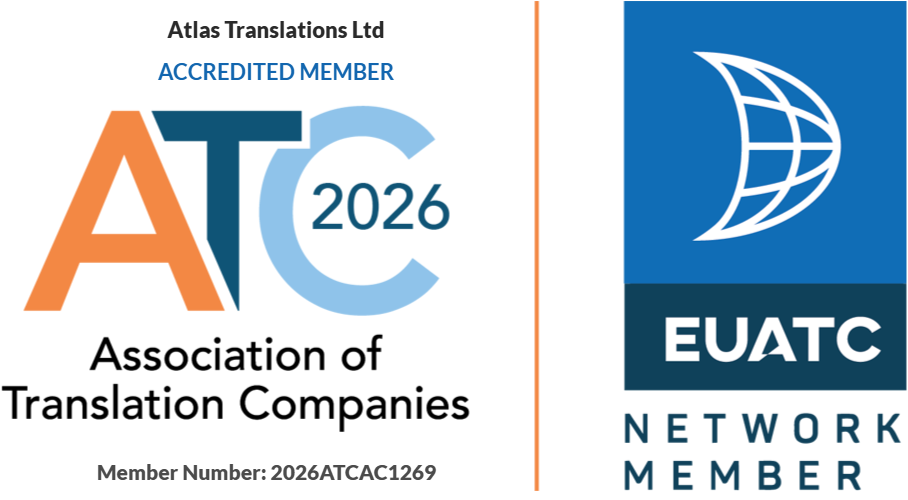Why Cultural Understanding and Translation Matter in Global E-commerce Success
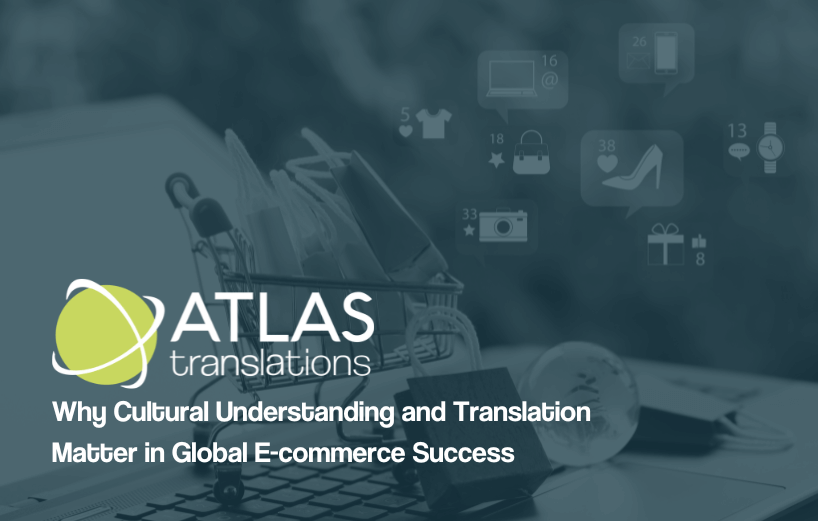
A successful UK fashion brand launches its e-commerce site in Japan. They have perfect translation, beautiful product photos, great prices, and…what!? They also have free shipping (shut up and take my credit card!) Yet within weeks, they’re seeing a shocking 82% cart abandonment rate. So, what went wrong? The most damaging problem was that they didn’t understand that Japanese customers expect:
- Detailed metric size charts
- Lots of customer reviews
- Payment options like convenience store package collection
This wasn’t a translation problem; it was a cultural one.
What can we help with today? Call us on +44 (0)1727 812 725 or email us at team@atlas-translations.co.uk – we’re only a call, chat, or email away, and we’re always eager to help!
This happens every day. Businesses learn that successful global e-commerce needs way more than changing words from one language to another. Understanding culture is key to international online success. Professional translation services that get this difference right help businesses succeed rather than fail.
The Hidden Costs of Language-Only Localisation
Many businesses think translating product descriptions and checkout pages is enough for international expansion. This language-only approach misses a big problem because shopping habits are very different across cultures.
Here are some key differences to consider:
- Western European customers want detailed product specs and proof that products are environmentally friendly
- Middle Eastern shoppers prefer cash-on-delivery options and clear return policies to trust new brands
- Scandinavian customers expect mobile payments to work perfectly
- Asian markets often prefer bank transfer methods over card payments
These cultural misunderstandings cost real money. Market research shows conversion rates can vary by up to 70% when cultural preferences aren’t addressed. A UK home goods retailer found this out the hard way. Their perfectly translated German website achieved only 2.1% conversion rates, compared to 8.4% in the UK. The translation was accurate—but it wasn’t culturally relevant.
Payment preferences alone can kill international expansion efforts. When customers can’t pay the way they expect to, even perfect translation won’t convert browsers into buyers.
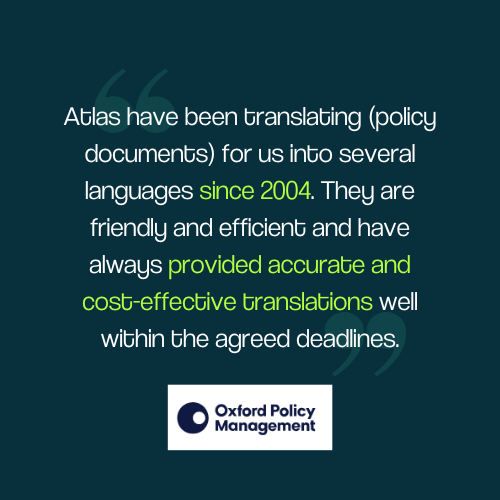
Understanding Cultural Shopping Behaviours Across Key Markets
European markets have very different shopping patterns that go beyond language. Understanding these differences is crucial for e-commerce success. While the following observations are not to be blanket-applied, they are very applicable:
European preferences include:
- German customers research everything carefully and want detailed technical specs, environmental information, and comparison tools
- French shoppers value elegant presentation, easy customer service access, and brand history
- Nordic countries prefer simple website design, clear pricing with no hidden fees, and obvious environmental credentials
Asian markets show even more complex cultural considerations:
- Japanese e-commerce needs lots of product information, seasonal relevance, and mobile-friendly experiences for detailed browsing
- Chinese platforms integrate social commerce, where peer recommendations and influencer endorsements drive purchase decisions
- Korean markets are sophisticated around beauty and technology products, expecting cutting-edge visuals and social media integration
These preferences come from deep cultural values around sustainability, communication styles, and social validation that must be reflected in both content and website design.
Beyond Translation: Key Elements of E-commerce Localisation
Good e-commerce localisation goes far beyond changing languages. It means adapting your entire approach to match local cultures.
Key areas that need cultural adaptation:
- Product descriptions need more than translation; they need to highlight features that matter to local customers
- Customer service must match local expectations for response times and communication styles
- Return policies need to address different levels of consumer protection and trust requirements
- Visual elements, including colours and images, carry different meanings across cultures
- Currency and pricing should align with local beliefs about value and quality
For example, tech-focused customers expect detailed technical responses within specific timeframes. Relationship-focused cultures prefer personal, consultative approaches even for simple questions. Some markets respond well to precise pricing, while others prefer rounded numbers, which are ripe for “haggling”.
These details may seem small, but they make a huge difference in how customers perceive your brand and whether they complete purchases.
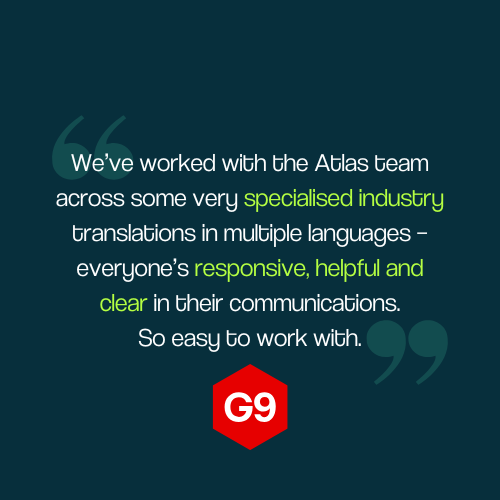
The Professional Translation Advantage in E-commerce
Professional translation services that understand e-commerce culture give you big advantages beyond accurate word conversion. Native speakers with industry experience bring cultural advice alongside translation skills. They spot potential problems before they hurt your conversion rates.
At Atlas Translations, we look at e-commerce projects through a cultural lens. We examine how user experience works alongside language requirements. Our translators understand local e-commerce rules, consumer protection laws, and trust signals that influence buying decisions.
Our approach includes:
- Ongoing support for content updates
- Seasonal campaign adaptations
- Cultural calendar considerations
- Market-specific trust signals
- Local regulation compliance
This keeps international websites relevant and engaging all year round, not just when they first launch.
Measuring Success: KPIs for Culturally-Adapted E-commerce
Successful cultural e-commerce adaptation delivers measurable improvements across key performance indicators. Conversion rate improvements typically range from 25-45% when cultural preferences are properly addressed alongside accurate translation. Customer satisfaction scores show marked increases when local shopping expectations are met, leading to improved customer lifetime value calculations.
Return rate reductions often follow cultural adaptation efforts, as customers receive products that match their culturally-informed expectations. Local search ranking improvements result from culturally relevant content that resonates with regional search behaviours and keyword usage patterns.
It’s a Wrap!
Global e-commerce success needs more than just translation.
It requires a deep understanding of shopping habits, payment preferences, and how to build trust.
Translation services that are able to combine linguistic expertise with cultural intelligence will easily provide the strategic foundation needed for solid global expansion success.
When cultural understanding meets accurate translation, businesses can easily tap into global markets. This professional relationship helps avoid costly cultural mistakes that could damage international growth.
We’d love to hear from you!
You can call us on +44 (0)1727 812 725 or email team@atlas-translations.co.uk. We respond quickly to all enquiries and are always happy to chat about your needs.
If you’d like to visit us in person to learn more about our services or to drop off documents, just give us a call or email us to arrange a time.
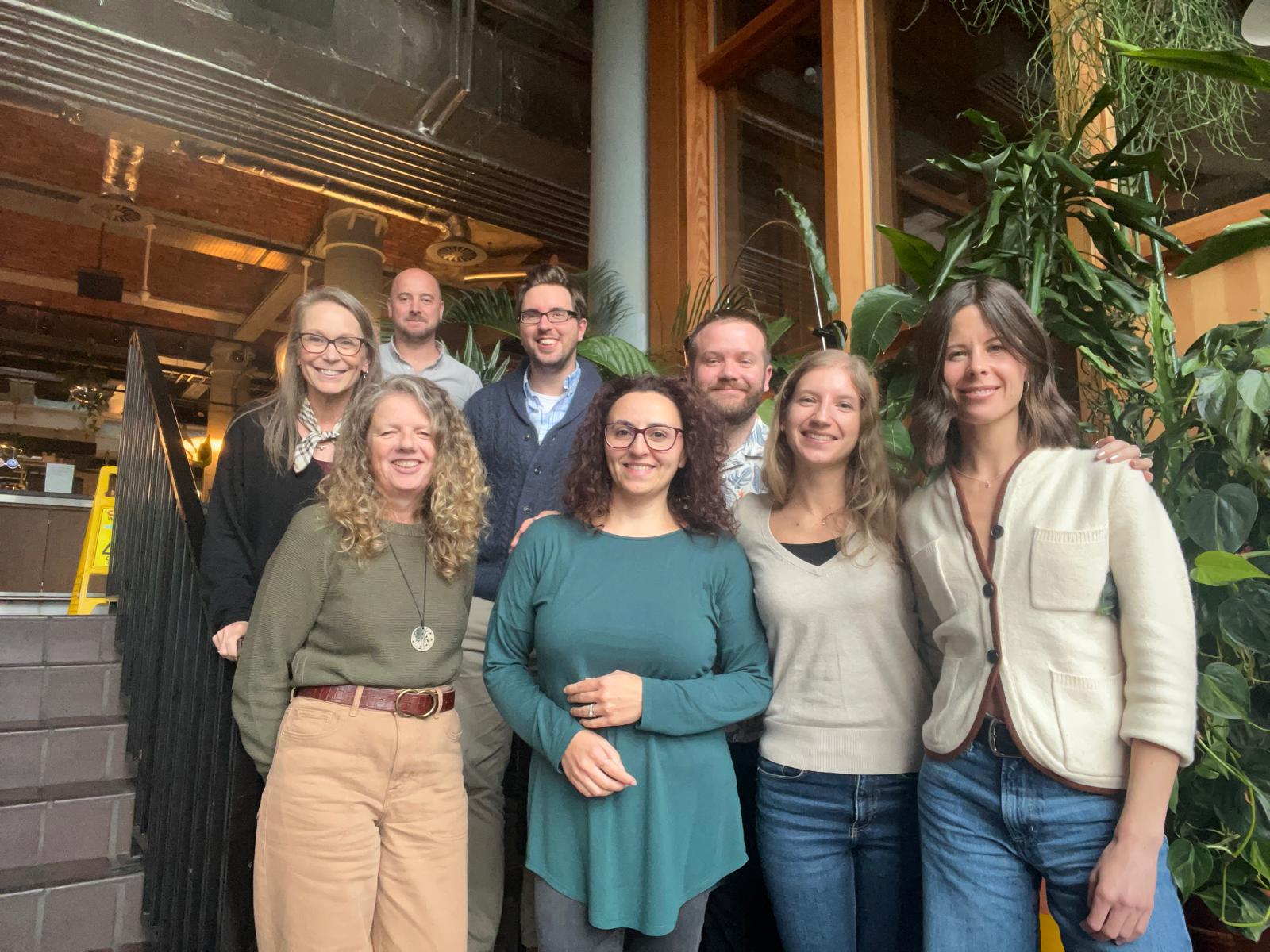
The A-Team (back row: Anna, Jim, Alex, and Rhys; front row: Clare, Steffi, Joanna, and Amy)
During UK working hours, you can also use our Live Chat option (bottom right of the screen). You’ll always be connected with a real person, not a bot!
And if you need a fast estimate, our Get a Quote button at the top of the website makes it easy.
Can I Trust Atlas Translations?
Atlas Translations is certified to ISO 9001:2015 (Quality Management) and ISO 17100:2017 (Translation Services) standards. For confidential projects, we’re happy to sign a non-disclosure agreement (NDA).
We’ve been registered with the Information Commissioner’s Office (ICO) for over 20 years, reflecting our long-standing commitment to privacy and data protection.
We’re proud to provide fast, friendly, high-quality services—but don’t just take our word for it. Check out our client testimonials and TrustPilot reviews.
Global Voice, Local Touch
If you’re looking for some top tips for partnering with Atlas Translations, we have some top tips to share! We answer 25 of our clients’ most frequently asked questions, ranging from typesetting queries to discussing reference materials.














